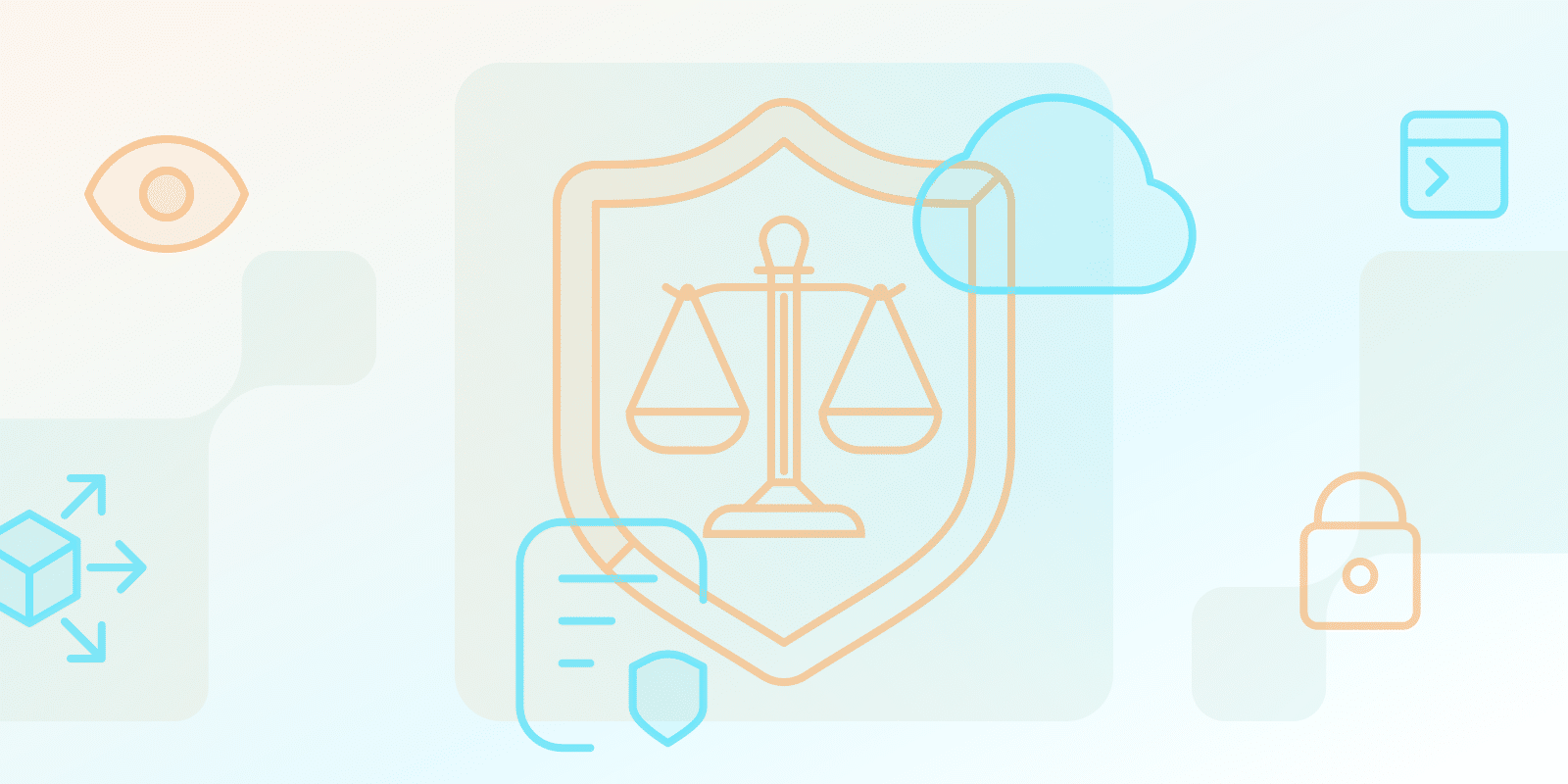云原生开发
什么是云原生原则?

什么是云原生原则?
云原生原则是围绕应用程序创建的一组特定于云的准则。它们旨在指导应用程序开发/设计并利用云计算环境。
在使用云原生原则时,应用程序的可扩展性、弹性和敏捷性应始终是您考虑的首要因素。其特点包括:
- 微服务架构:将应用程序划分为更小且松散耦合的服务。开发、部署和扩展都应该是独立的。
- 容器化:将应用程序/依赖项打包到可移植的容器中。如果您希望在不同的环境中一致地部署应用程序,则应该这样做。
- 编排:自动化容器化应用程序的扩展、部署和管理以利用资源。
- DevOps 文化:您的 DevOps 团队应在安全、运营和开发方面进行协作。
- 持续交付:专注于促进频繁/自动发布新功能/改进以提升用户体验。
云原生原则如何帮助组织实现更高的敏捷性和可扩展性?
与云原生原则相关的一些敏捷性和可扩展性方面包括:
- 微服务架构:独立部署/开发以实现更频繁的版本更新和并发工作。
- 容器化和编排:容器用于保持一致性/可移植性;编排工具可自动执行应用程序部署/扩展,以适应不断变化的需求。
- DevOps 和持续交付:协作的 DevOps 文化应简化软件开发生命周期,持续交付也应如此。
DevOps 和持续交付在云原生开发中扮演什么角色?
DevOps在云原生环境中的作用是:
- 协作:DevOps 必须打破开发、运营和安全团队之间的壁垒。共同承担责任和协作文化至关重要。
- 自动化:持续交付使用自动化进行构建、测试和部署;主要目的是避免人工错误并加快发布周期。
- 反馈循环:持续的反馈和监控至关重要;团队必须快速识别并解决问题,以提高应用程序的质量/可靠性。
云原生应用程序如何在面对中断时处理弹性和容错?
云原生应用程序通过以下方式解决这些问题:
- 分布式架构:应用程序组件分布在微服务和容器化中,使用不同的服务器和可用区。
- 健康检查和自愈:云原生应用程序使用自愈机制来检测/从故障中恢复,并且它们还应利用健康检查。
- 负载均衡:跨多个应用程序实例分配流量;这对于高峰负载期间的高可用性/性能至关重要。
采用云原生方法会涉及哪些挑战和考量?
企业在实施云原生方法时需要解决以下每个问题:
- 文化转变:一个 DevOps-为中心的文化转变,转变为持续改进的文化, 自动化,并且强调协作是必要的。
- 复杂性:您需要正确的技能和专业知识来管理云原生架构。
- 成本管理:由于云资源的成本,提前规划和管理预算和预期是明智之举。
- 安全:您需要在云原生应用中采取强有力的安全措施,以保护敏感数据并阻止未经授权的访问。
| 方面 | 传统开发 | 云原生开发 |
|---|---|---|
| 组织架构 | ||
| 团队组织 | 职责分离的孤岛式团队 | 具有共同责任和协作的 DevOps 文化 |
| 开发方法 | 瀑布式或传统方法 | 持续改进和自动化导向 |
| 技术架构 | ||
| 应用结构 | 紧耦合的单体应用 | 松耦合的微服务架构 |
| 部署方法 | 手动部署流程 | 容器化和自动化编排 |
| 资源管理 | ||
| 成本结构 | 固定基础设施成本 | 需要主动管理的动态云资源成本 |
| 所需专业知识 | 传统的开发和运维技能 | 特定于云的专业知识和现代工具知识 |
| 安全考量 | ||
| 安全方法 | 基于边界的安全 | 具有多层保护的分布式安全 |
| 访问控制 | 集中式访问管理 | 分布式身份验证和授权 |
结论
云原生原则是现代团队的核心考虑因素,但它们需要事先的思考和规划。拥抱敏捷性、可扩展性、弹性以及协作工作的原则可能会影响组织的创新步伐和对用户体验的关注程度。
准备好开始了吗?
我们也曾经历过您的挑战。让我们分享18年的经验,助您实现全球梦想。